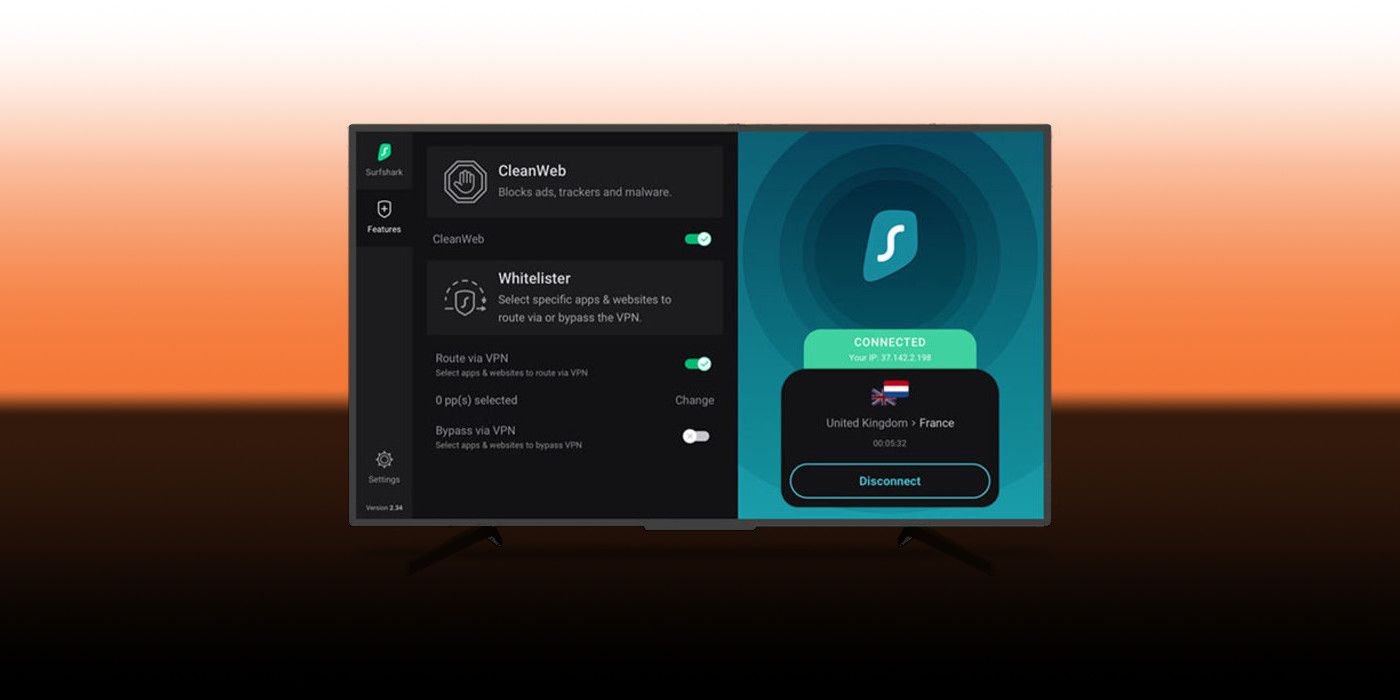It is an unfortunate truth in today's day and age that privacy is not a guarantee online. In many regions, there are no laws to prevent an ISP from selling its users' data, such as browsing and gaming activity, to third parties. A privacy-minded user may choose to log on via a Virtual Private Network such as SurfShark VPN, which has 2-year, 3-year, and 4-year subscriptions available in the GameRant store.
A recent incident, where Sony had to respond to allegations that its PS5 voice chat moderation feature was spying on users, illustrates that privacy is an important issue for gamers too. Even if someone is not concerned about their browsing history being read by a third party, it is still a good idea to add a layer of encryption to prevent third parties from skimming information from an open wi-fi network, such as the login information for their Nintendo Switch.
The advantage of surfing from a virtual private network is twofold. Firstly, before any data is transmitted from the computer, console, or other Internet-capable devices, traffic is encrypted with a key unique to the specific user. In SurfShark's case, the VPN employs military-grade AES-256-GCM encryption and IKEv2 (Internet Key Exchange v2) and OpenVPN protocols, which means that even if a third party (such as the ISP) reads the traffic, it looks like random noise until properly coded on the other end, the VPN server, which serves as a virtual origin point for all transmitted data.
Secondly, depending on where someone is logging in from, certain corners of the Internet are closed off from certain regions. In some cases, media available in one region may not be available in others, in which case users may use their VPN to circumvent geo-restrictions. For example, a player in Europe who wants to play Final Fantasy Crystal Chronicles: Remastered Edition, which is region-locked, with a friend living in North America, they may employ a VPN to convince the program its traffic is coming from the VPN's server in Canada.
The tradeoff is that due to the physical limitations of VPN, in that it is literally a computer relaying traffic from one location to another, there is a slight increase in latency due to the fact that the user's data must "bounce" from the VPN server to its eventual destination. A SurfShark VPN should only add about 20-30% latency, which can be mitigated by choosing a VPN server as close to the user as possible. A gamer may also whitelist a fast-paced game, allowing it to circumvent VPN protocols entirely without affecting traffic for the rest of the system.
SurfShark is unique in that its VPN service supports connections from unlimited devices, including Windows, Android, iOS, Linux, and most major consoles. Its strict "no-log" policy means it does not store any of the data that goes through the VPN. It boasts having over 1200 torrent-friendly servers in 61 countries throughout the world and 24/7 support for all users.
Source: SurfShark

